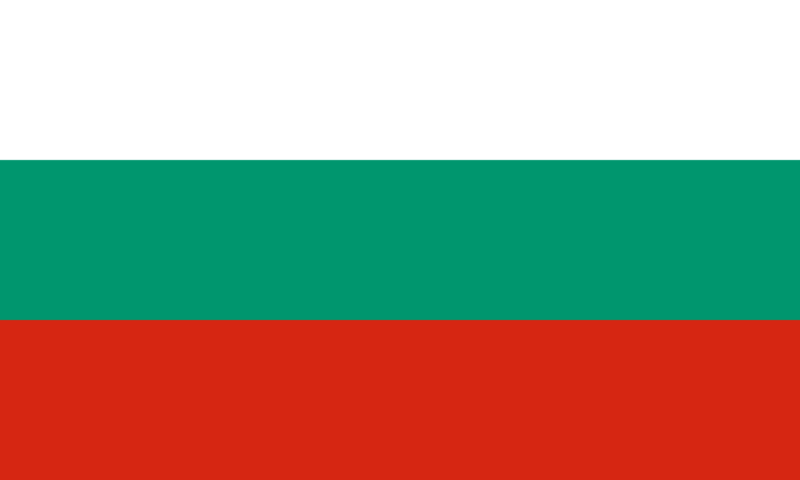Key Points:
- Whooping cough is currently spreading across Bulgaria, particularly among children.
- Children are at higher risk of severe illness if infected. Please check vaccination status and follow any preventive measures implemented by schools to help prevent the spread of infection.
Details:
- This year, there have been over 280 reported cases of whooping cough, a significant increase compared to just 4 cases during the same period last year. Infections are rising in Sofia and western Bulgaria, and there are also increasing cases in central and eastern regions, raising concerns about a potential nationwide outbreak. The majority of cases are among children, with two infants having died in Kyustendil.
- Symptoms of whooping cough resemble those of a cold, but it can become severe and prolonged, particularly in children (especially infants under six months). The disease is highly contagious through droplets and contact. Basic preventive measures include hand washing and gargling, and vaccination is highly effective.
- In Japan, whooping cough vaccination is often included in routine combination vaccines given to infants a few months old. In Bulgaria, vaccinations are mandatory at 2, 3, and 4 months of age and at 12 years old. It is especially recommended for families with children to verify their vaccination status. Pregnant women are also advised to get vaccinated. For details on vaccination in Bulgaria, please refer to the local Regional Health Inspectorate (РЗИ) website.
- Schools with confirmed cases are taking measures such as requiring infected individuals to stay home for two weeks and isolating unvaccinated children. Follow the policies of your child’s school to help prevent the spread of infection. If you or your child experience persistent coughing or other unusual symptoms, seek medical attention immediately at the nearest healthcare facility.





Comment